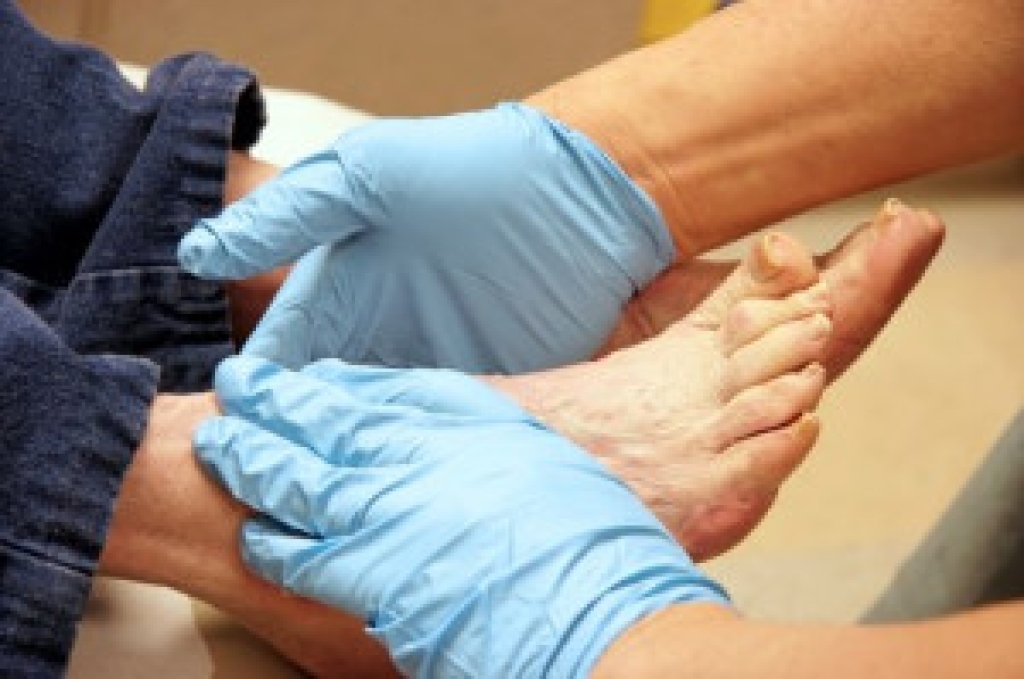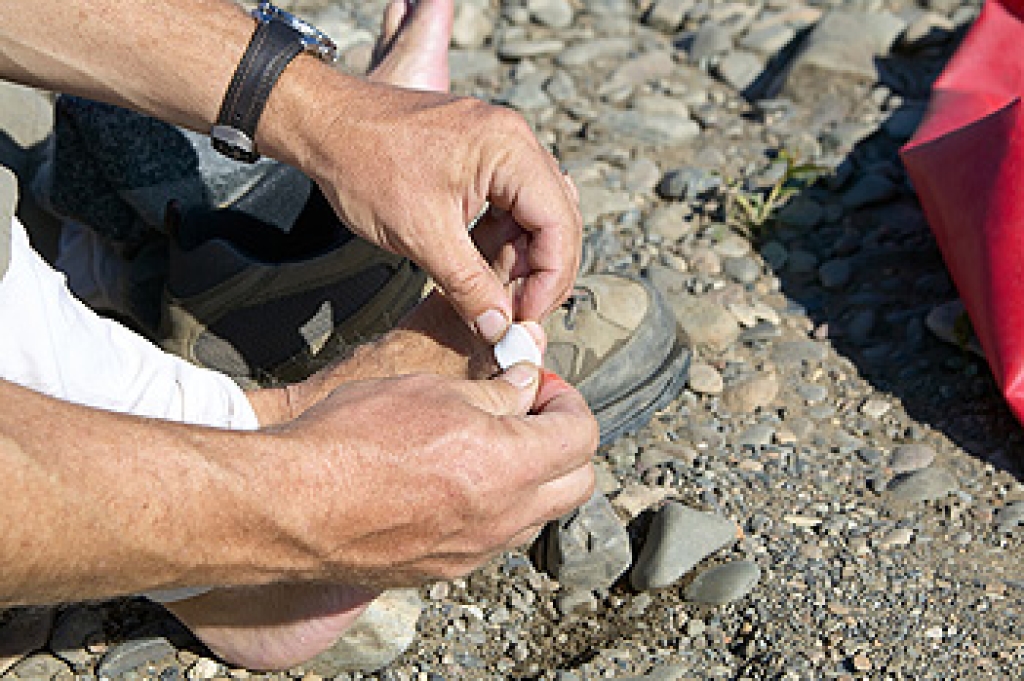
Heel spurs are bony growths that develop on the bottom or back of the heel. They are often associated with foot conditions like plantar fasciitis and Achilles tendonitis. When a spur forms on the bottom of the heel, it is typically linked to heel spur syndrome. This occurs where the plantar fascia, a band of tissue supporting the arches of the foot, connects to the heel bone. These heel spurs often develop due to stress, overuse, or some kind of injury to the heel area. Another common type is a dorsal spur. This forms at the back of the heel, where the Achilles tendon attaches. It is often the result of insertional Achilles tendonitis, or inflammation. While heel spurs are common, many people do not experience pain. However, those with symptoms may notice discomfort during walking or running. A podiatrist can diagnose the cause of your heel pain and provide custom orthotics that can help prevent further damage. If you believe you may have developed a heel spur, it is suggested that you schedule an appointment with a podiatrist for an exam and treatment.
Heel spurs can be incredibly painful and sometimes may make you unable to participate in physical activities. To get medical care for your heel spurs, contact Paul Potach, DPM from Illinois . Our practitioner will do everything possible to treat your condition.
Heels Spurs
Heel spurs are formed by calcium deposits on the back of the foot where the heel is. This can also be caused by small fragments of bone breaking off one section of the foot, attaching onto the back of the foot. Heel spurs can also be bone growth on the back of the foot and may grow in the direction of the arch of the foot.
Older individuals usually suffer from heel spurs and pain sometimes intensifies with age. One of the main condition's spurs are related to is plantar fasciitis.
Pain
The pain associated with spurs is often because of weight placed on the feet. When someone is walking, their entire weight is concentrated on the feet. Bone spurs then have the tendency to affect other bones and tissues around the foot. As the pain continues, the feet will become tender and sensitive over time.
Treatments
There are many ways to treat heel spurs. If one is suffering from heel spurs in conjunction with pain, there are several methods for healing. Medication, surgery, and herbal care are some options.
If you have any questions, please feel free to contact our offices located in Wheeling and Berwyn, IL . We offer the newest diagnostic and treatment technologies for all your foot care needs.





